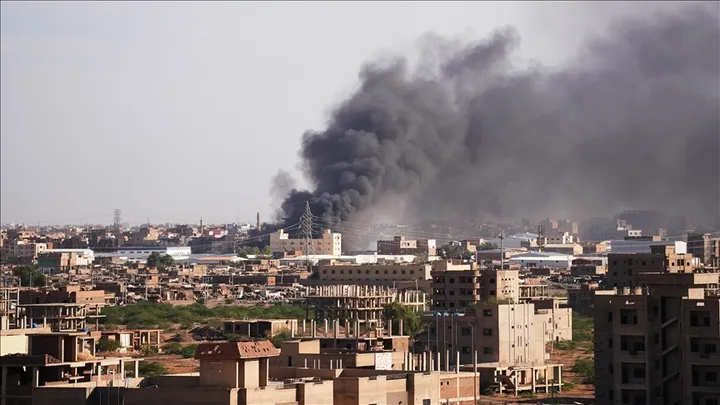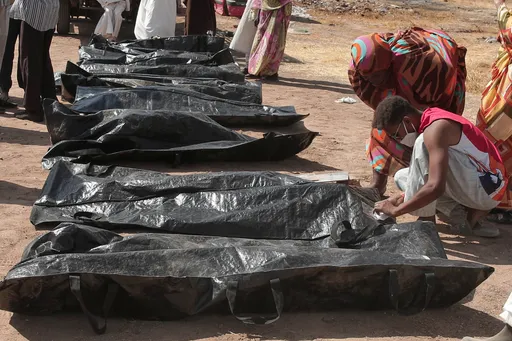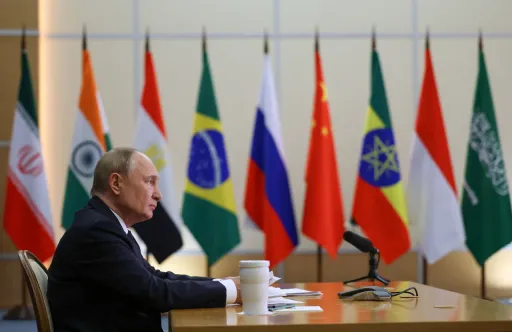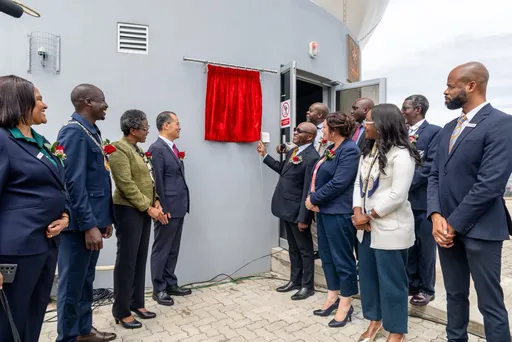By Brian Okoth
Ahead of the January 2017 African Union Commission chairperson elections, Chad's Moussa Faki Mahamat was not considered by many as a front-runner to succeed Nkosazana Dlamini-Zuma of South Africa.
At the time, Kenya had fielded a strong candidate in the name of Amina Mohamed, who was foreign affairs minister.
On the other side, there was another big candidate in the name of Abdoulaye Bathily, the former United Nations' representative from Senegal.
A diplomat within the African Union in Addis Ababa actually said Faki's candidature was only submitted a few hours to the deadline in October 2016.
Seven rounds of voting
In the AU diplomat's words: "Faki and his team were going around the AU compound trying to find someone to receive his nomination."
And on voting day – on January 30, 2017 – the last-minute candidate won.
But Faki, who is Chad's former prime minister, did not have it easy. He needed seven rounds of voting to win.
Prior to the final vote, Faki got 28 votes against Amina Mohamed's 25, which wasn't enough to win.
Campaigns done at presidential level
The AU Commission election is conducted by secret ballot, and the winner must get at least two-thirds, an equivalent of 36 votes from over 50 African heads of state.
Faki eventually got 39 votes to cross the two-thirds threshold and beat Mohamed to the seat.
Analysts say Faki's campaigns were personally done at presidential level by Chad's late President Idriss Deby.
Deby had won approval in West Africa and beyond over his commitment in the fight against insurgency.
'Consensus candidate'
His message to fellow presidents was simple – that Faki was more predictable, and that he would make a good "consensus candidate."
Most presidents who got this message, were convinced, especially those in Francophone countries.
Faki pledged to resolve conflicts and promote economic integration.
During campaigns, Faki's opponents relied on media messaging and assurances by foreign ministers. But as it would later turn out, that was not enough.
Raila Odinga's unveiling
Now, Kenya's former Prime Minister Raila Odinga has officially been unveiled as a candidate to succeed Faki, who has exhausted his two four-year terms.
Odinga's unveiling took place at Kenya's State House in the capital Nairobi on Tuesday, August 27.
At the event, President William Ruto hosted Uganda's Yoweri Museveni, South Sudan's Salva Kiir, Tanzania's Samia Suluhu, former presidents Jakaya Kikwete of Tanzania and Olusegun Obasanjo of Nigeria.
To avoid the fate that befell Faki's opponents in 2017, Odinga has been taking his campaigns to presidents across Africa.
Francophone vs Anglophone
He has met Rwanda's Paul Kagame, Congo Republic's Denis Sassou Nguesso and Uganda's Museveni, among others. President Ruto has also been negotiating on his behalf.
History has shown that voting at the African Union is also influenced by language. That is: Francophone – or French-speaking – versus Anglophone, or English-speaking countries.
There are at least 21 Francophone countries, and at least 24 Anglophone countries in Africa.
How 79-year-old Odinga would manoeuvre, especially in Francophone countries, would definitely shape the fate of his candidature.
Odinga's opponents in the February 2025 election are Djibouti's 58-year-old Foreign Affairs Minister Mahamoud Ali Youssouf, Mauritius' 76-year-old former Foreign Affairs Minister Anil Gayan, and Madagascar's former Foreign Affairs Minister Richard James.
➤Click here to follow our WhatsApp channel for more stories.






















